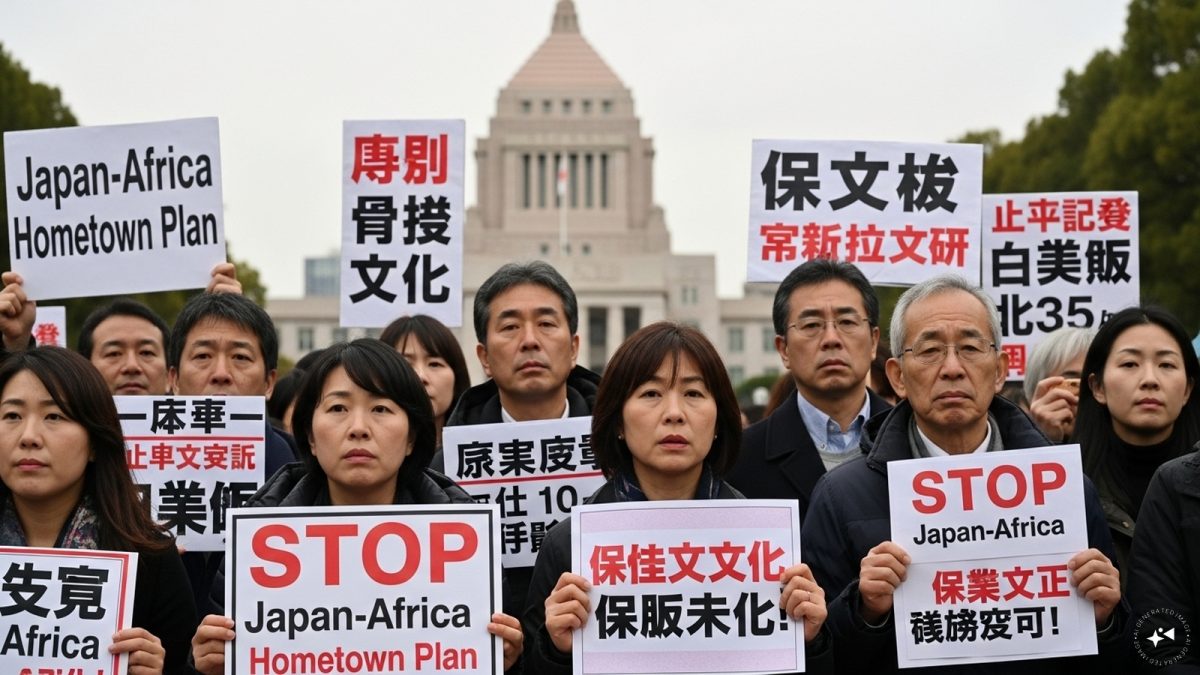JICA has scrapped its Japan-Africa hometown project after protests over fears of mass immigration, highlighting domestic opposition to foreign labour initiatives and the challenges of balancing international aid with public sentiment.
The Japan International Cooperation Agency (JICA) has announced the cancellation of its “JICA Africa Hometown” initiative, following widespread protests and misinformation that mischaracterised the program as a covert immigration policy.
Launched in August during the Tokyo International Conference on African Development (TICAD 9), the project aimed to foster cultural exchanges between four Japanese cities such as Kisarazu (Chiba), Nagai (Yamagata), Sanjo (Niigata), and Imabari (Ehime) and four African nations: Nigeria, Tanzania, Ghana, and Mozambique. The initiative sought to promote mutual understanding through educational programs, youth exchanges and collaborative events.
However, the program faced immediate backlash when a Nigerian government statement erroneously described Kisarazu as “the hometown for Nigerians willing to live and work,” suggesting the creation of a special visa category. This misrepresentation, coupled with misleading translations and social media posts, led to public misconceptions that the initiative was a front for mass immigration.
Despite clarifications from Japanese authorities, including the Foreign Ministry and local governments, who emphasized that the program was unrelated to immigration and focused solely on cultural exchange, the protests intensified. Demonstrations were held in Tokyo, and local officials reported receiving thousands of phone calls and emails from concerned residents.
In response to the escalating situation, JICA decided to withdraw the initiative, acknowledging that the term “hometown” had caused misunderstandings and placed undue pressure on the involved municipalities. A formal announcement of the decision was made on September 25.
JICA President Akihiko Tanaka expressed regret over the confusion and emphasized that the agency remains committed to promoting international exchanges and cooperation. He reiterated that JICA has never undertaken initiatives to promote immigration and has no plans to do so in the future.
The cancellation of the “JICA Africa Hometown” initiative highlights the challenges of international cooperation in an era of rapid information dissemination and underscores the importance of clear communication in cross-cultural initiatives.
While the program has been scrapped, JICA continues to explore alternative avenues for fostering global partnerships and understanding.
End of Article

)

